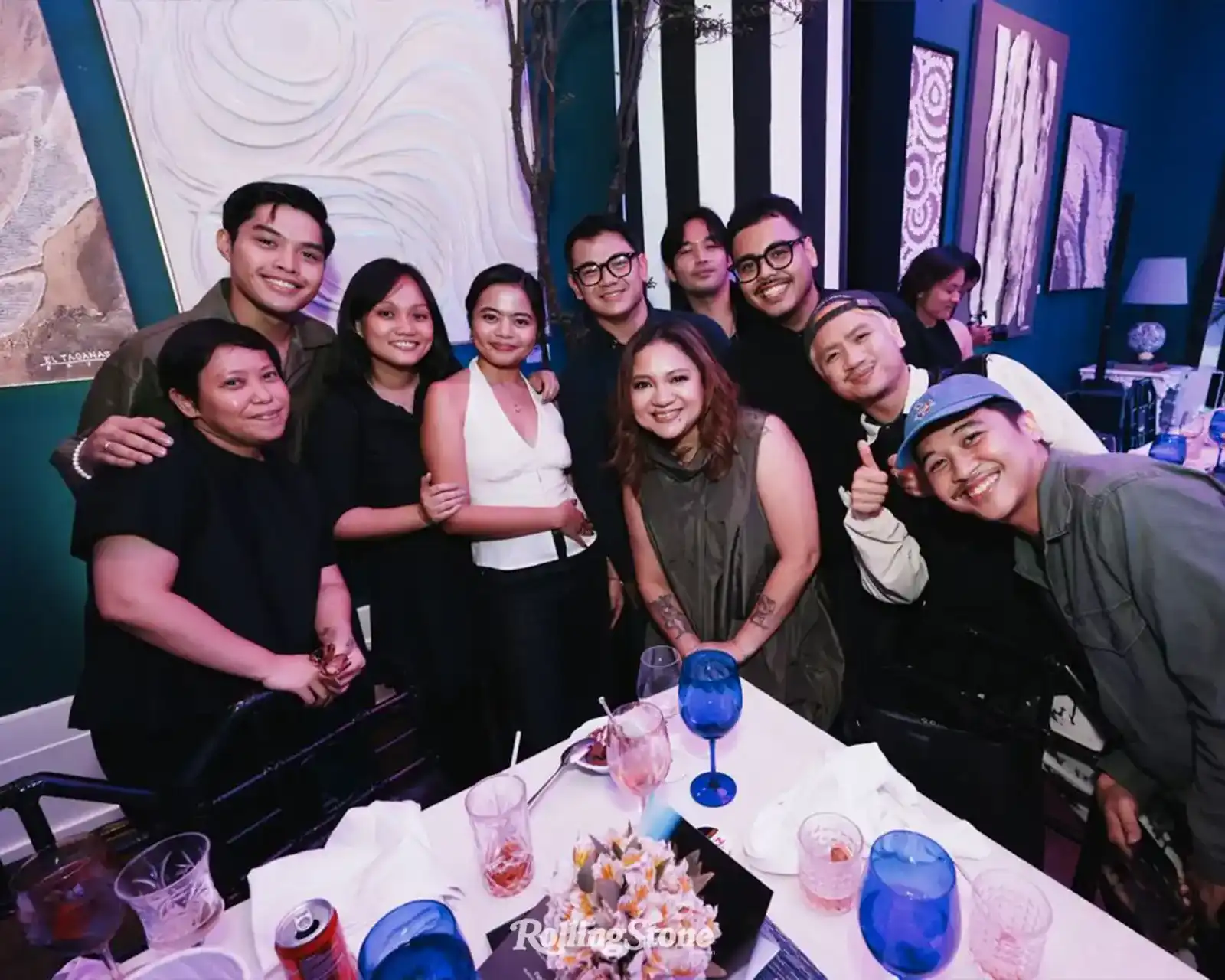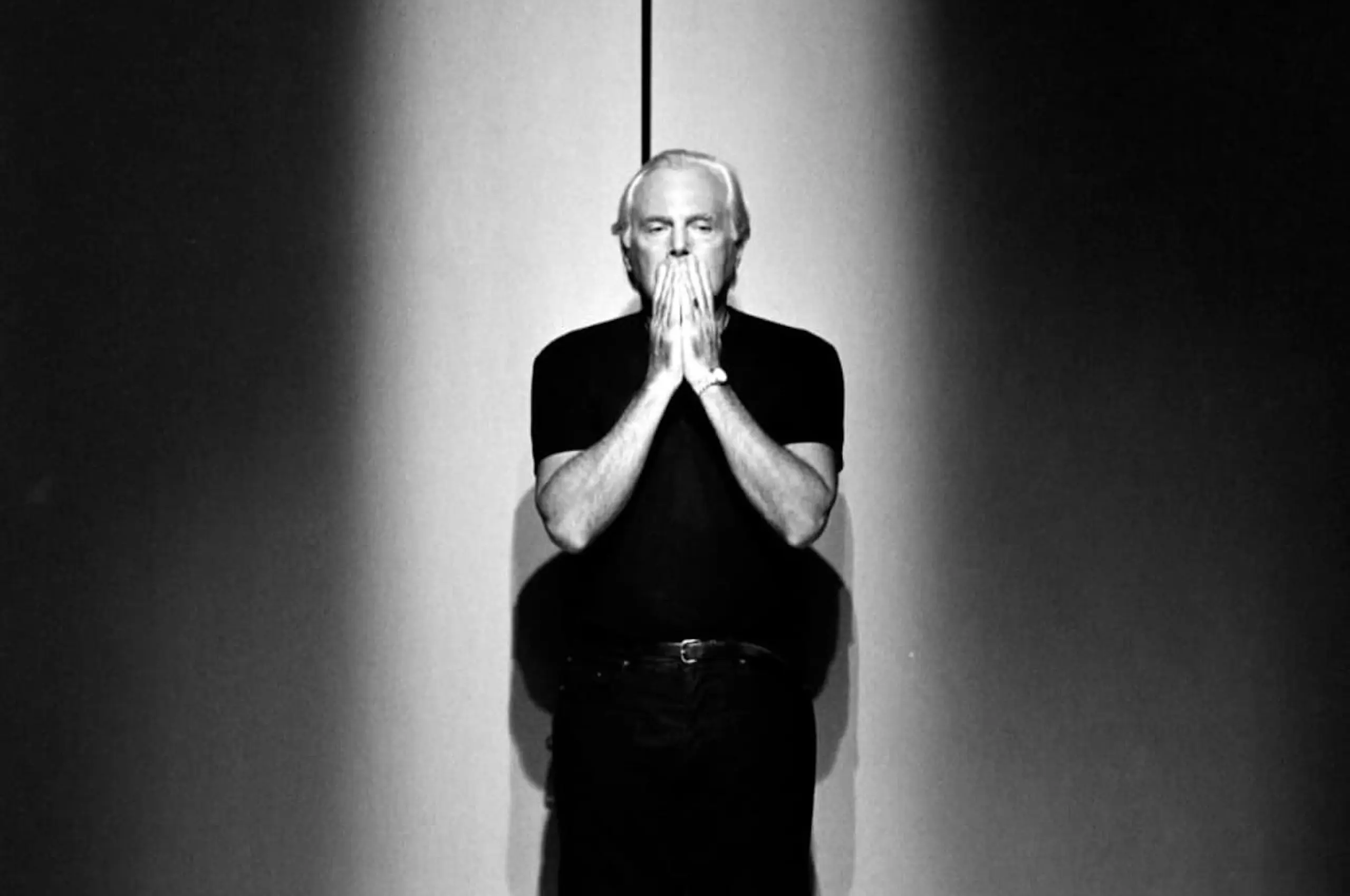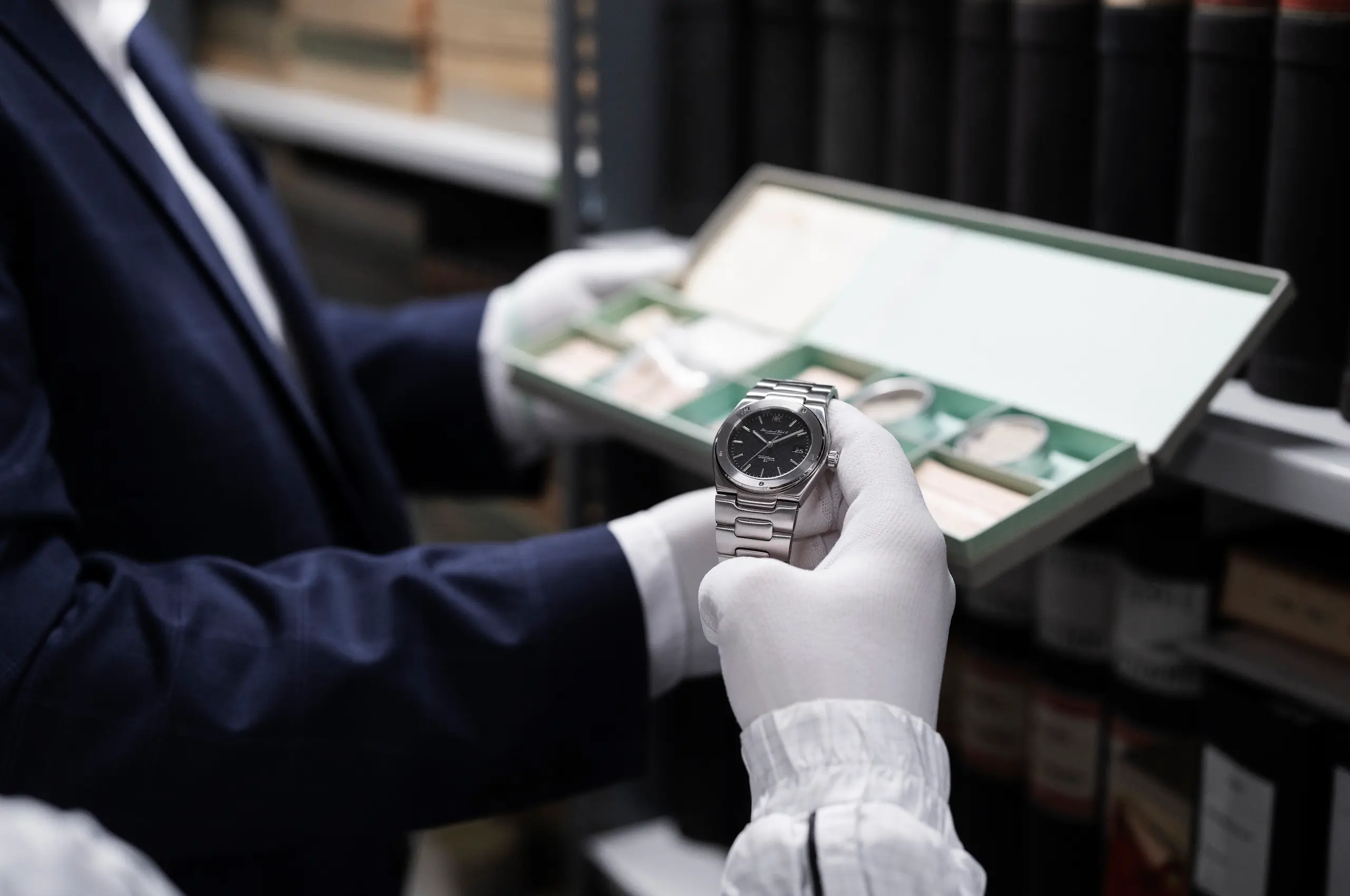The Rolling Stone Philippines Social Club with ZYN turned its focus on Sunshine, an empowering film that has become a rare box office presence for local cinema. The gathering was both celebration and reflection, a space to confront its themes of teenage pregnancy, abortion, and a woman’s fight for autonomy, while honoring the creative force behind it, Antoinette Jadaone.
Known for redefining romance on screen through That Thing Called Tadhana, Fan Girl, and Alone/Together, Jadaone has long been regarded as one of the country’s most distinctive filmmakers. Her career spans both independent and mainstream projects, with each film bearing her willingness to experiment while staying rooted in stories that mirror Filipino realities.
In an exclusive interview during the latest Rolling Stone Philippines Social Club at Manila House, she opens up about finding her moment as a filmmaker, the challenges of bringing Sunshine to life, and the cultural urgency of telling stories that demand to be seen.
An Epiphany in a Cinema

Director Antoinette Jadaone. Photo by Kieran Punay
Every filmmaker has a point of origin. For Jadaone, it happened in a movie theater, in a shared moment of collective emotion. She was a young film enthusiast, drawn to romantic comedies and commercial blockbusters, when one particular film changed her perspective forever.
“Maybe the time that I watched Don’t Give Up On Us,” she recalls, referring to Joyce Bernal’s 2006 film with Judy Ann Santos and Piolo Pascual. “I remember I watched that on opening day, a Wednesday, in a full theater. Consumer naman talaga ako ng rom-coms, ng Star Cinema films, ng Dolphy films. Pero siguro noong moment na ‘yon, sabay-sabay kami kinilig, sabay-sabay kaming umiyak, at natawa in a full cinema house. Doon ko nasabi sa sarili ko na ‘Someday, I want to direct a rom-com film na puno yung sinehan at lahat sila ay kinikilig at tumatawa nang sabay-sabay.’”
The Leap of Faith
While many first heard of her through the 2014 indie film That Thing Called Tadhana, Jadaone was already at a career crossroads after its breakout success. Star Cinema came calling with an offer to direct and write her first mainstream film, an opportunity she had always dreamed of, but one that came with immense professional risk. It’s a familiar turning point for creatives who take the leap from independent projects to the high-stakes world of mainstream cinema.
“Maybe it was saying yes to directing You’re My Boss in Star Cinema,” she says of her most significant creative risk. “It was my first Star Cinema film that I directed and wrote. It came right after the success of That Thing Called Tadhana. At that time, it had always been my dream to be a rom-com director for Star Cinema. I’ve always wanted to have that hold on the audience, where many people would watch, but I was still torn about it in the beginning because it was risky, to say the least. I came from the independent scene, and I really didn’t know how to direct a Star Cinema film. But when I said yes to that, I was really scared, but I took the plunge. From there, whether or not my decisions were right or wrong, it was all because of that brave decision to finally do my first film in a mainstream studio.”
‘Sunshine’ and a Deeper Purpose

Since her first feature under Star Cinema, Jadaone has solidified her place as a director capable of delivering both critical acclaim and commercial success. She has moved from one milestone to the next with a string of hit romantic films, including Love You to the Stars and Back (2017), Never Not Love You (2018), and Alone/Together (2019), each exploring the complexities of modern relationships.
These romantic comedies and coming-of-age stories defined her earlier work. However, her most recent release, Sunshine, marks a powerful departure. This deeper purpose required Jadaone to shift her creative process, moving from traditional scripts and workshops to a rigorous, empathetic research and immersion period for both herself and her lead actress, Maris Racal. This is the new creative space she’s found herself in.
“We gave a lot of time to preparations,” Jadaone says. “I included her in the research process because when I was interviewing those teenagers na nabuntis — those who continued their pregnancies and those who terminated them — I brought her along for her to see what was really happening. We also did a lot of acting workshops, acting sessions, and scene studies, and she even went to Quiapo with me. So for Maris, even before she started playing Sunshine, she understands who Sunshine is.”
This process led Jadaone to a larger cause. The film’s themes of teenage pregnancy and reproductive rights became more than narrative devices. “When I started writing Sunshine, all I wanted was to tell her story,” she explains. “It was only through the research that I became immersed in what the real-life Sunshines go through. When I started interviewing women’s groups and advocacy groups, that’s when I felt the film could fight for something. It’s not just Sunshine’s story. Before, I was just asking for research, but when I saw the statistics, [I] can’t help but really join them in what they’re fighting for, even outside of being a filmmaker.”
The Power of Collaboration

Actor Elijah Canlas. Photo by Kieran Punay
A director can have a clear vision, but the final film is a collective work. For Jadaone, she can’t claim full ownership of her films because she actively seeks and incorporates the input of her entire crew.
“The team was also very flexible for whatever,” she says. “When you get to the set, you’ll feel new energy or new ideas that you didn’t feel when you were doing your shotlist or storyboard, because your feelings will change when you’re on set. I guess everyone on that set was able to give input that I couldn’t have made that scene, I couldn’t say I was the only one who made that scene, because every time we would do a take, after the take, I would ask for their opinion. In one way or another, they would really say something to enhance the film, and it also helped Maris as an actress.”
A Shared Celebration
As the one being celebrated at the Rolling Stone Philippines Social Club, Jadaone’s experience was one of gratitude and shared passion. The event was a rare public tribute to a filmmaker, a professional who typically works behind the scenes. It’s a testament to the event’s purpose: to honor the creators who are often in the shadows, acknowledging that a film’s success is a victory for the entire team.
“This is my first Rolling Stone Philippines Social Club,” she says of the event. “As Irene [Villamor] said when she was invited, ‘How sweet of Rolling Stone Philippines for having this kind of an event,’ because it’s not always that we get an event specifically for filmmakers, like honoring the success of a film or the success of filmmakers. It’s nice that in a time we thought that we’re struggling to get Filipino audiences back to the cinemas, not only for Sunshine, and with that, we’re really grateful.”
The Power of Community

The Rolling Stone Philippines Social Club with Zyn at Manila House in Bonifacio Global City. Photo by Kieran Punay
The Rolling Stone Philippines Social Club is a living testament to the strength of community and connection. It’s where creators, industry professionals, and audiences meet on common ground, bridging the distance between those who tell stories and those who receive them.
For Jadaone, the event underscored a truth she has long carried in her work: a film’s success is never solitary. It is built on the collective effort of the cast, crew, and the audiences who choose to believe in it. This collective belief, she highlighted in her speech, is what proves the growing demand for more courageous, honest storytelling. “Sunshine’s success proves our industry thrives when we give space to new voices and fresh perspectives. They help us understand ourselves as Filipinos more deeply.”
Antoinette Jadaone has built a career defined by her purpose and artistic courage. She reminds us that a single idea, a strategic risk, or a powerful collaboration can shape a cultural dialogue. Her light, and the light of her film, continues to burn brightly, a beacon for what is possible when we believe in the stories that truly matter.





